Health
-

Six cancers rising faster in younger adults than older ones
Large new global study fuels growing concern over trend of increases in several types

-

What’s next for GLP-1s?
Scientists eye new treatment targets for popular weight-loss drugs, from heart failure to addiction
-

Pricey blockbuster GLP-1s are costing users — and most of the rest of us, too
Health insurers are passing along cost for coverage in form of higher rates across the board, policy researcher says
-

Drinking 2-3 cups of coffee a day tied to lower dementia risk
Caffeinated tea also found to slow cognitive decline in study

-

New AI tool predicts brain age, dementia risk, cancer survival
Unlike other AI models, BrainIAC needs limited data to ID key neurological health indicators

-

It’s time to get more comfortable with talking about dying
Palliative care physicians offer advice for end-of-life conversations between patients, loved ones
-
Infertility linked to increased risk of heart failure in women
A new study finds that a woman’s history of infertility is associated with increased risk of heart failure.
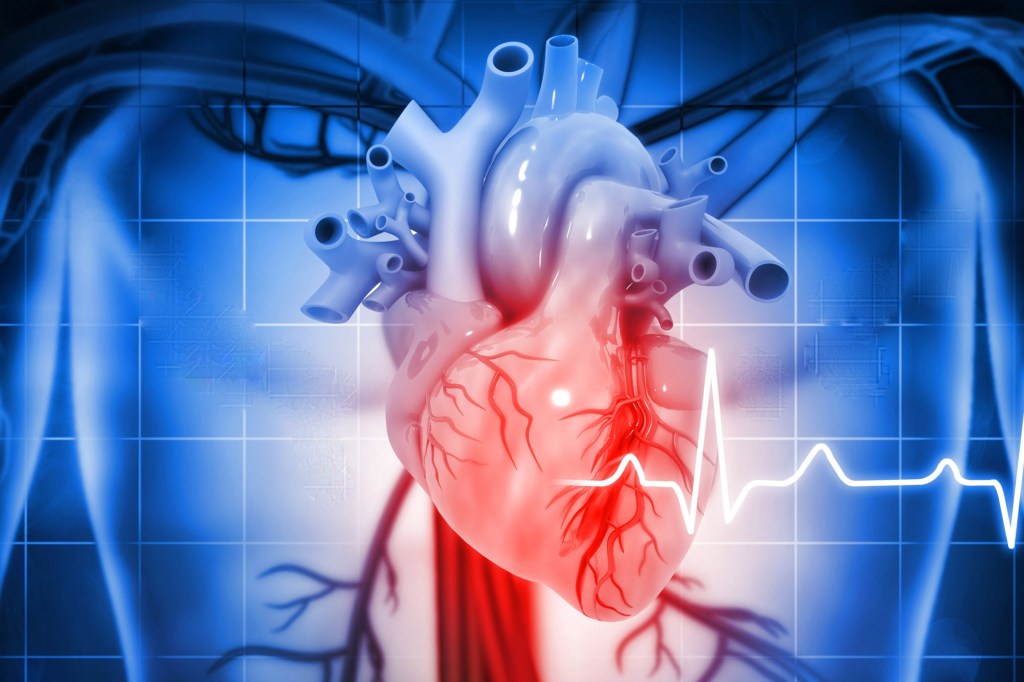
-
Genetic risk scores developed for six diseases
Newly developed polygenic risk scores, which add up hundreds or thousands of genetic risk factors for six common diseases, can aid physicians and patients in making individualized disease screening and prevention decisions.
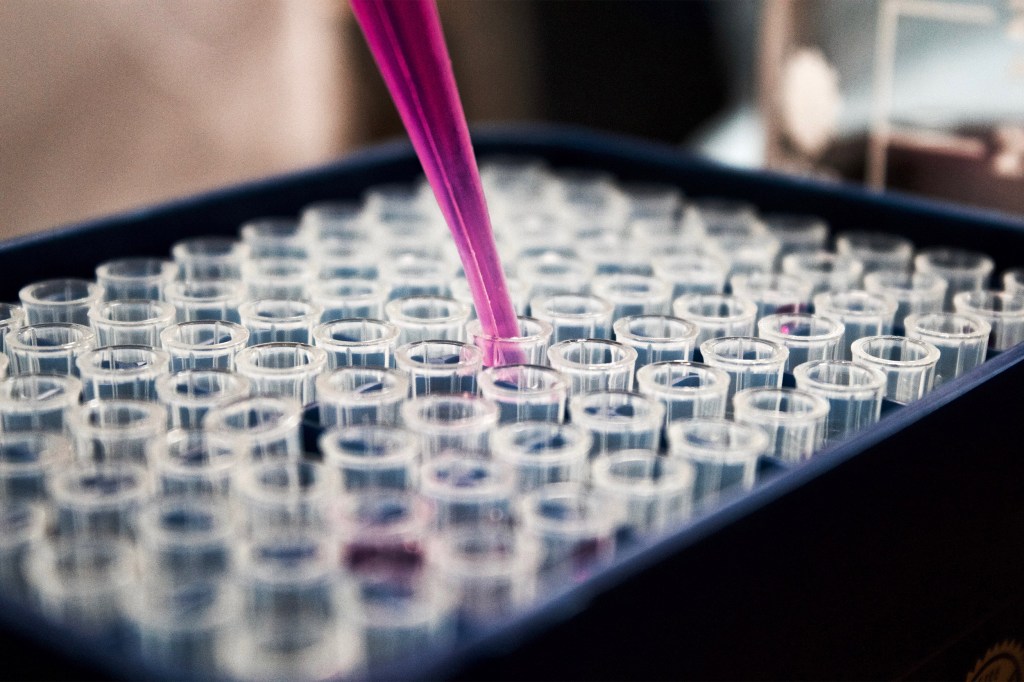
-
Understanding aphasia
Sometimes language problems — also known as aphasia — are the first symptom of progressive brain disorders.

-
Women see gains, Black men see losses in U.S. medicine
Diversity in U.S. medicine is not keeping pace with population changes, particularly among Black men, according to a new report.
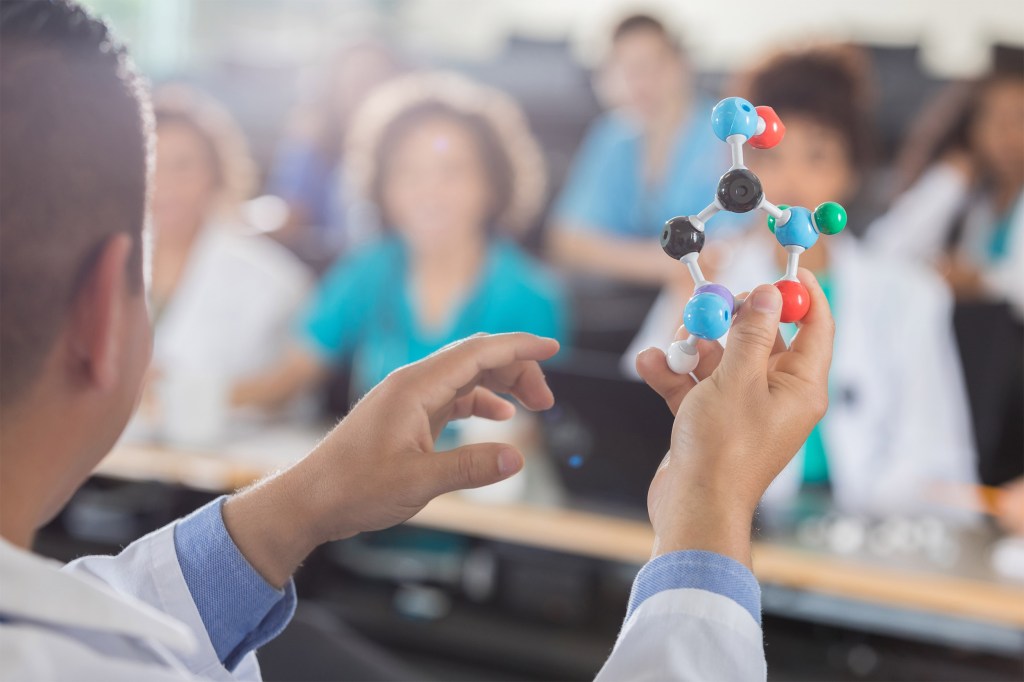
-
What’s next for the CDC?
Five former CDC directors convened for a panel about the future of the agency.
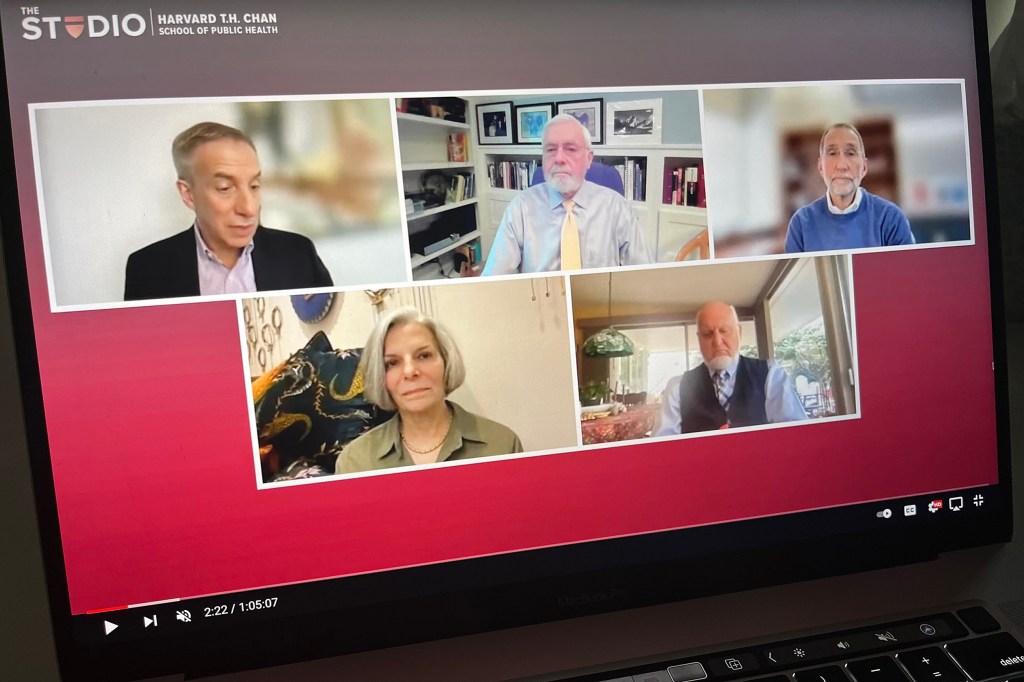
-
Eating one avocado a week may lower heart disease risk
A Harvard study finds that people who eat two or more servings of avocado each week may lower their risk of cardiovascular disease compared to people who rarely eat avocado.
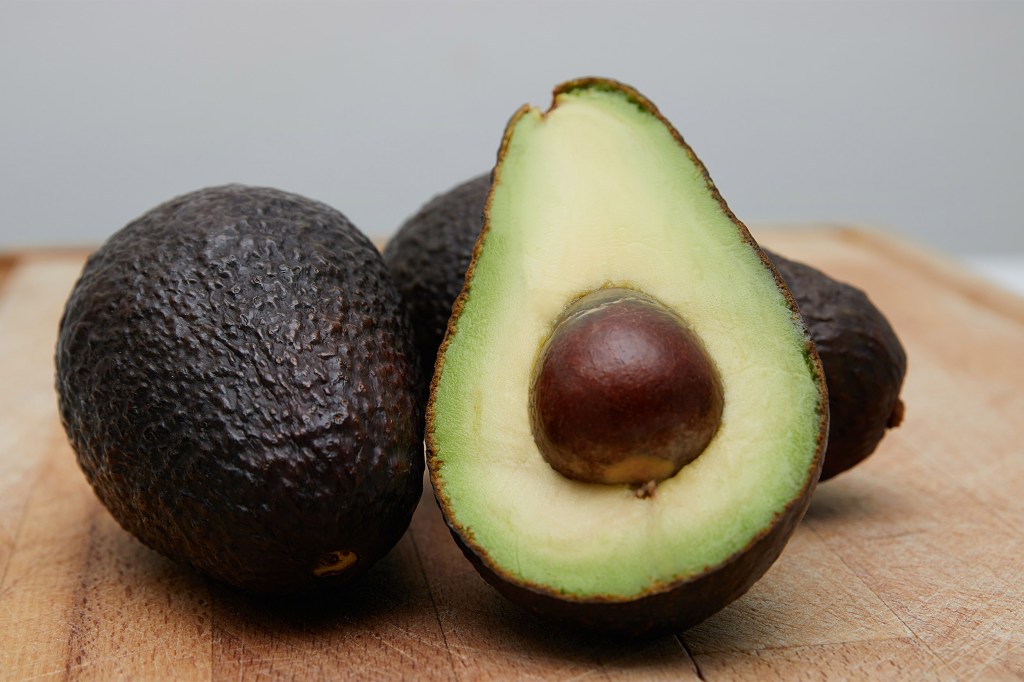
-
Siren call of daylight saving must be resisted, scientists say
Research, experience point to cancer link and other risks, suggesting standard time would be better year-round choice.
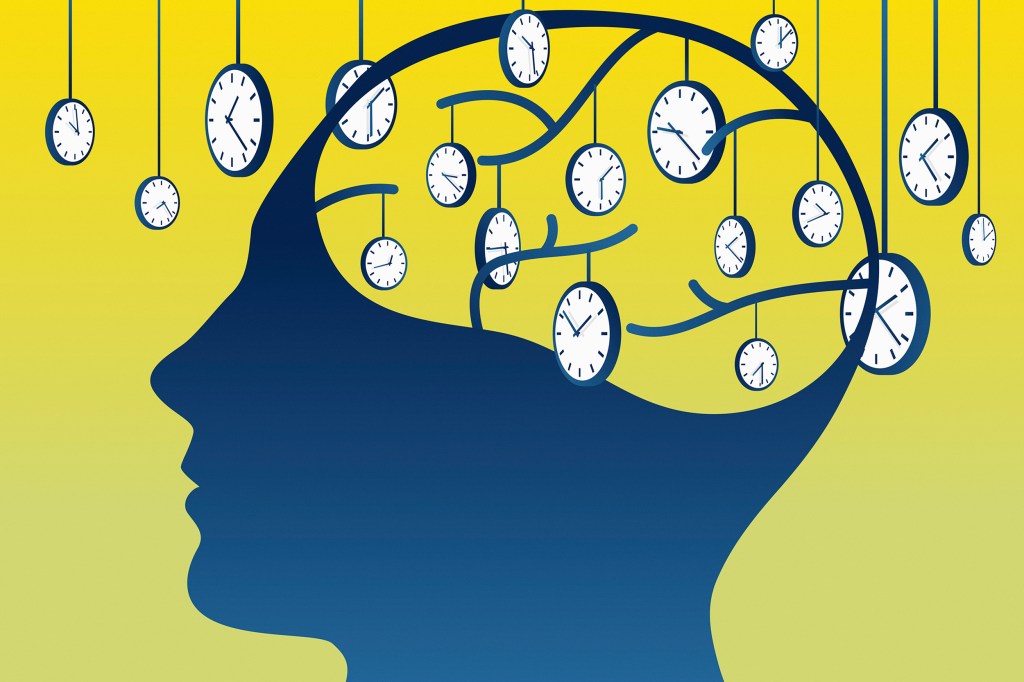
-
HIV drug shows promise against metastatic cancer
A drug widely used in HIV therapy has shown to stop disease progression in 25 percent of patients with fourth-line metastatic colorectal cancer.
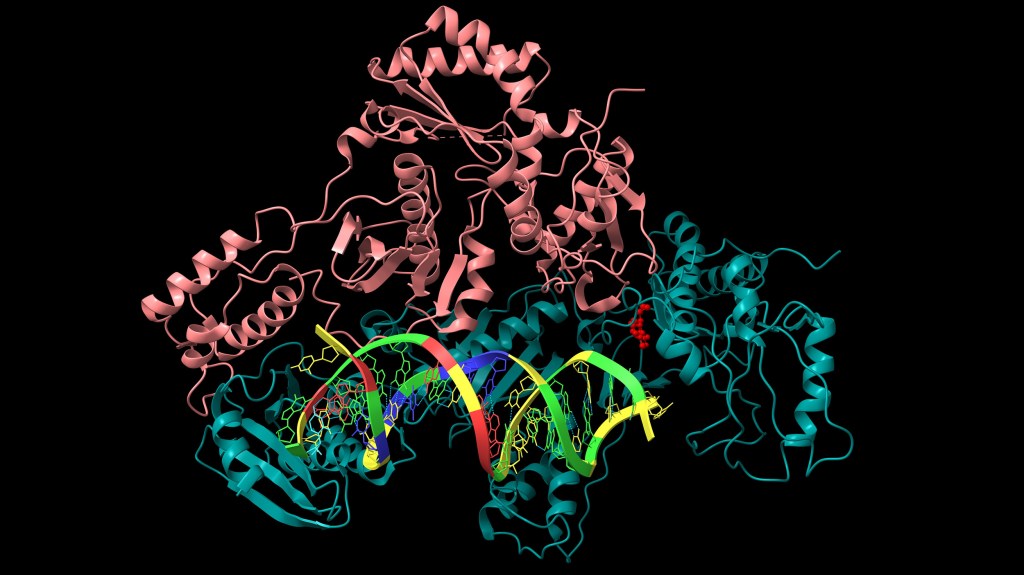
-
Cost of distancing may outweigh benefits for healthy adults
Harvard experts say loneliness, isolation raise risk of depression, anxiety, heart ills.

-
The price of a pre-pandemic lifestyle
Scientists conducted a simulation study that projected the future of the COVID-19 pandemic in every state.

-
Bringing the cancer fight back down to earth
Halving deaths and other Biden goals are in reach, experts say, but let’s forget about “moonshot” and focus on resources and prevention.
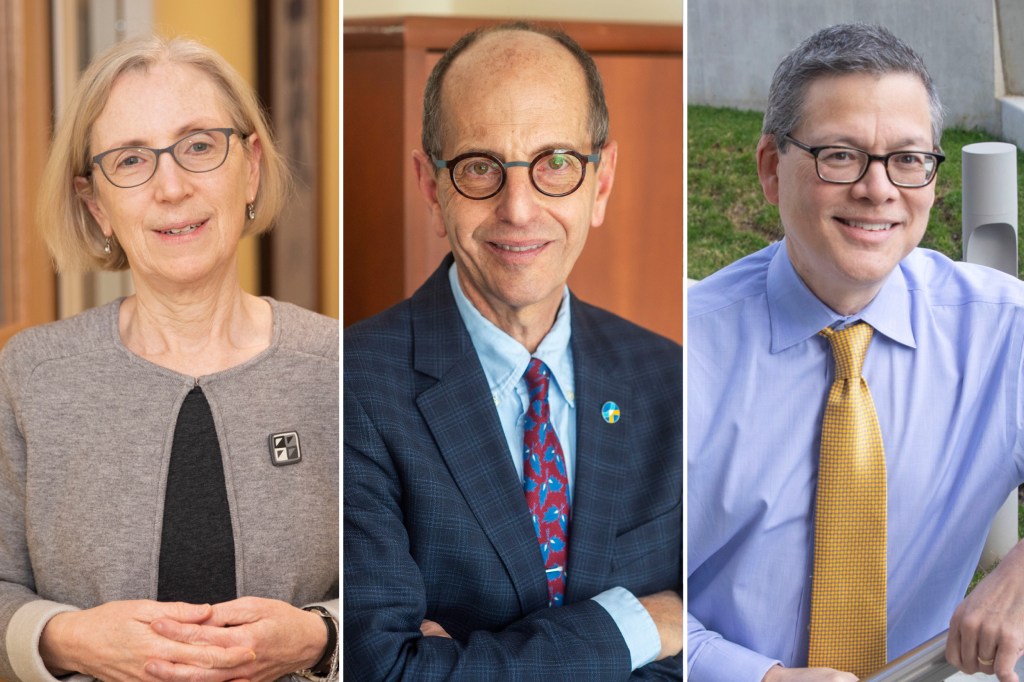
-
Robots may have upper hand in prostate surgery
A new study provides clarity when comparing short-term differences following a traditional vs. robotic-assisted radical prostatectomy.

-
Large alcohol study challenges heart health claims
A large study challenges the theory that light alcohol consumption benefits heart health.

-
‘We need to rethink how we are studying cancer metabolism’
Insights into how cancer cells adapt and rewire their metabolism to achieve growth and survive was accompanied by a call for tools to study this on a nearly single-cell level, according to a new paper in Nature Communications.
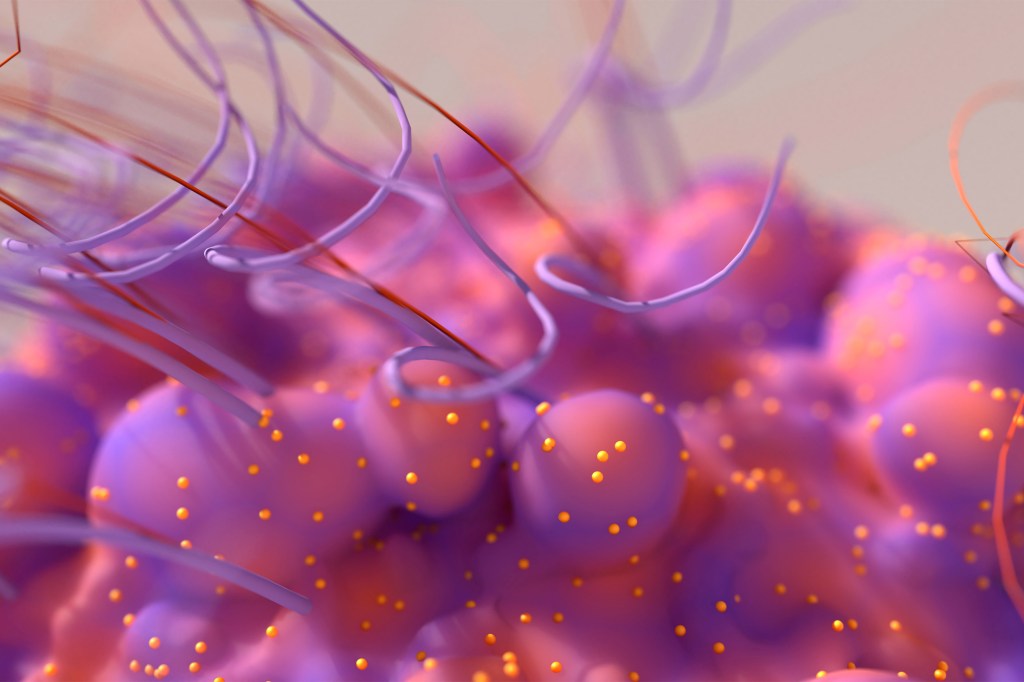
-
Milk used to be simple
Pea, potato, and pistachio milk? Supermarkets now sell multiple kinds of plant-based milks made from nuts, beans, grains, vegetables, or fruit. So how healthy are they?
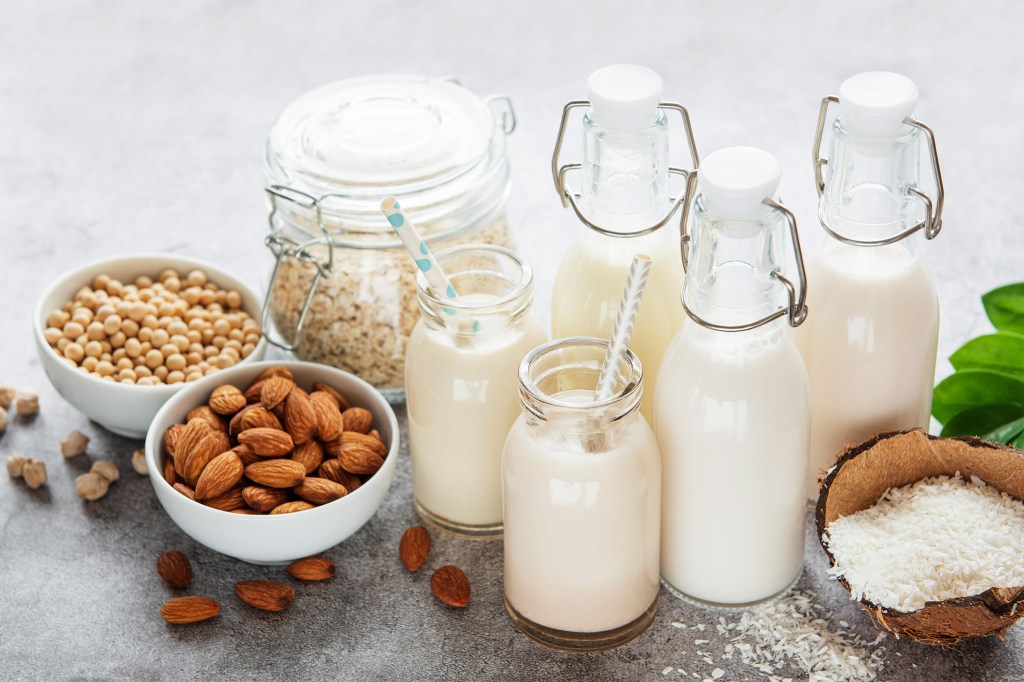
-
Omicron subvariant taking hold, but so far, life goes on
Subvariant is rising in the region, but no sign of dramatic surge in cases that other nations have experienced.
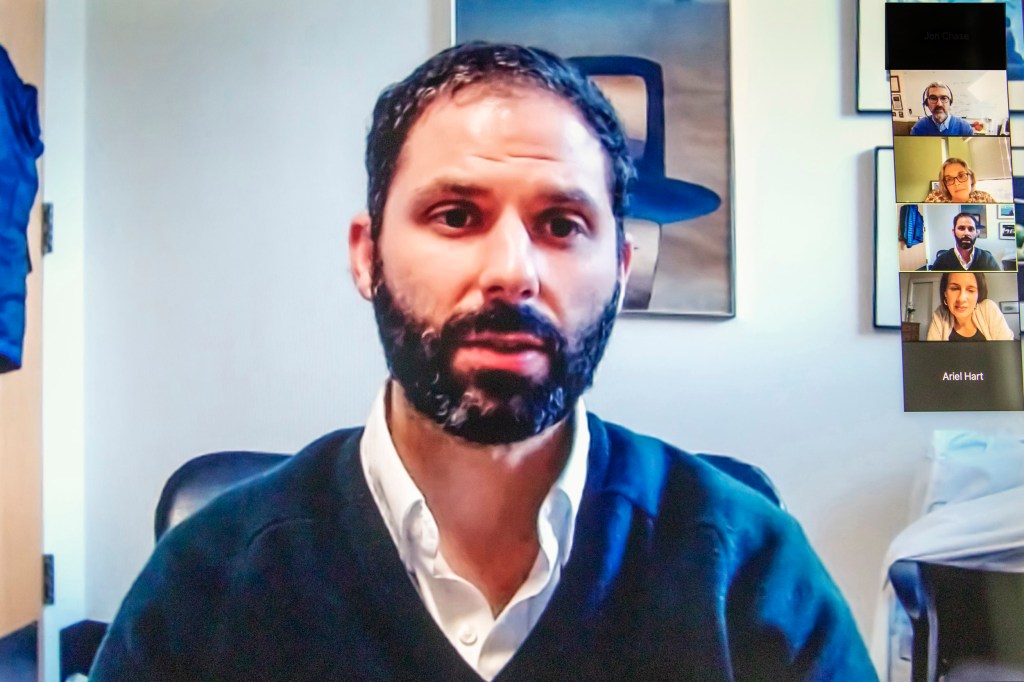
-
Medical marijuana may trigger substance abuse
Obtaining a medical marijuana card to use cannabis products to treat pain, anxiety, or depression symptoms led to the onset of cannabis use disorder while failing to improve symptoms, says a new study.
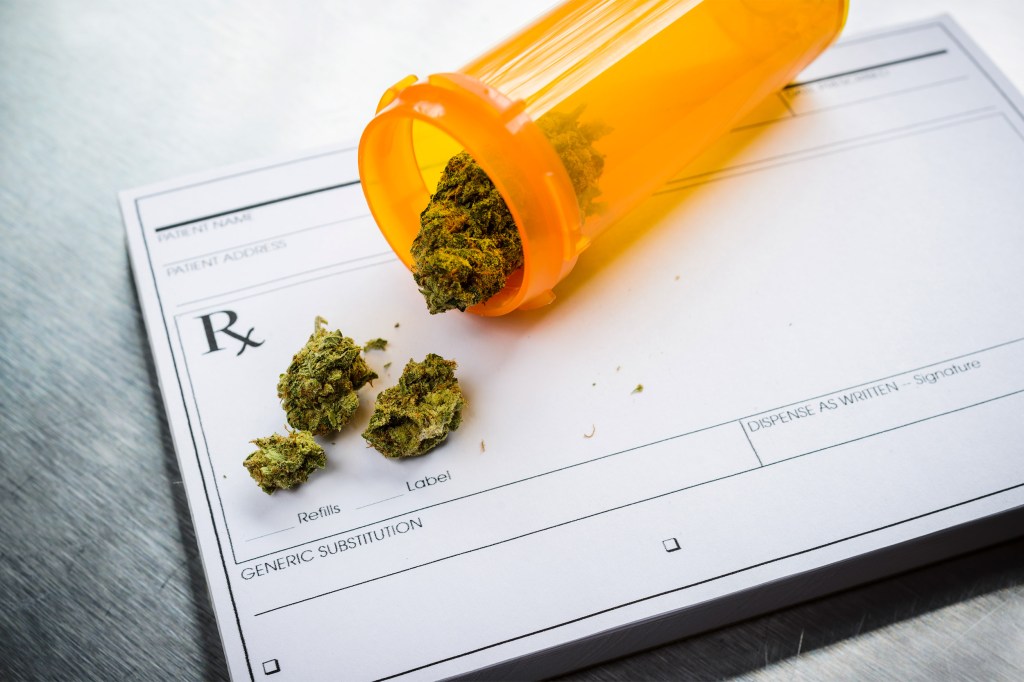
-
What’s behind post-COVID brain fog?
Experts trying to unravel why patients who recover from COVID-19 find they still have brain fog as part of their long COVID experience.

-
Excessive napping and Alzheimer’s linked in study
In a study of older adults, excessive daytime napping predicted an increased future risk of Alzheimer’s.

-
Novel therapy reduces depression in family caregivers
Researchers are now looking at a novel therapy for family caregivers that not only reduces depression, but also boosts well-being.
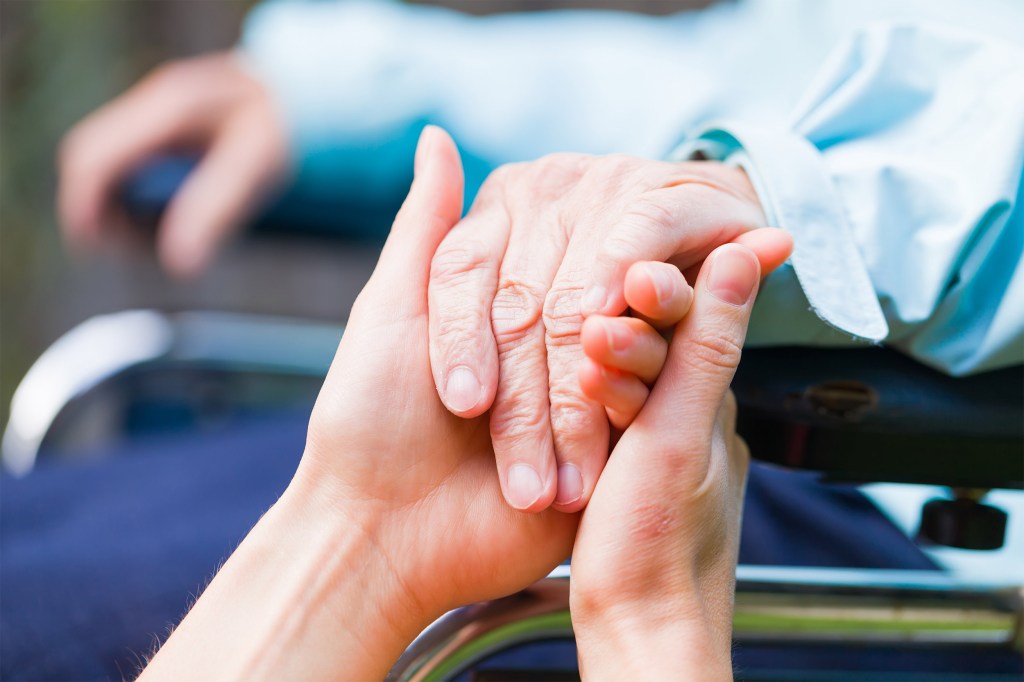
-
Hope for breast cancer patients, but with a cruel caveat
A new target for an old antibiotic is rooted in a decades-long effort to unlock the secrets of a lethal childhood disease.
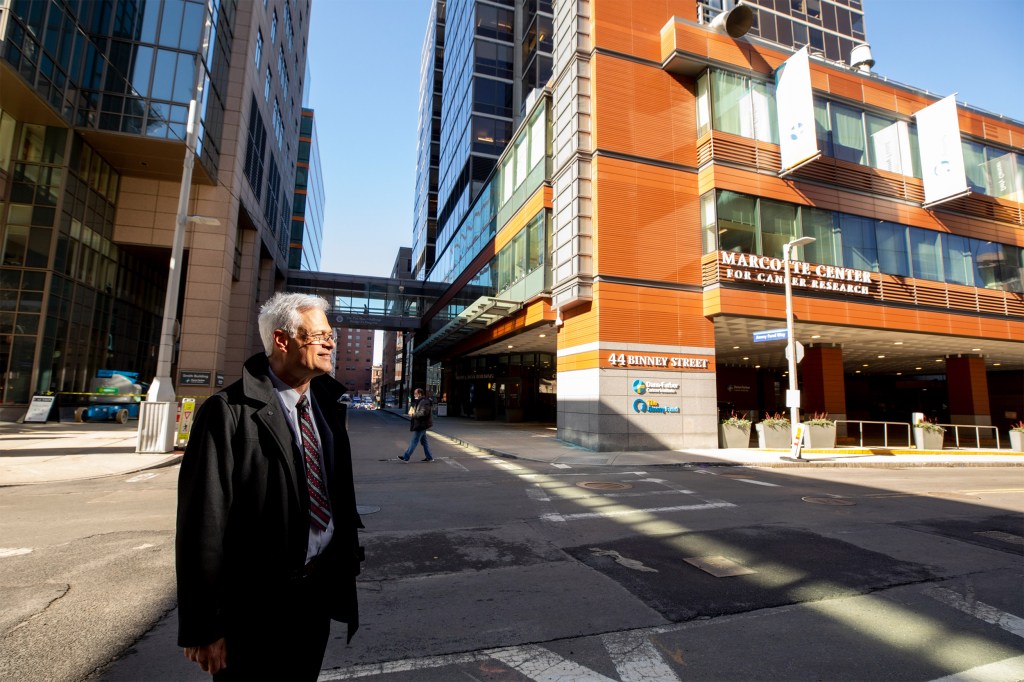
-
‘Endemic’ is not an exit
Harvard’s William Hanage, an epidemiologist and associate professor at the Harvard T.H. Chan School of Public Health, outlines what an endemic SARS-CoV-2 might look like.
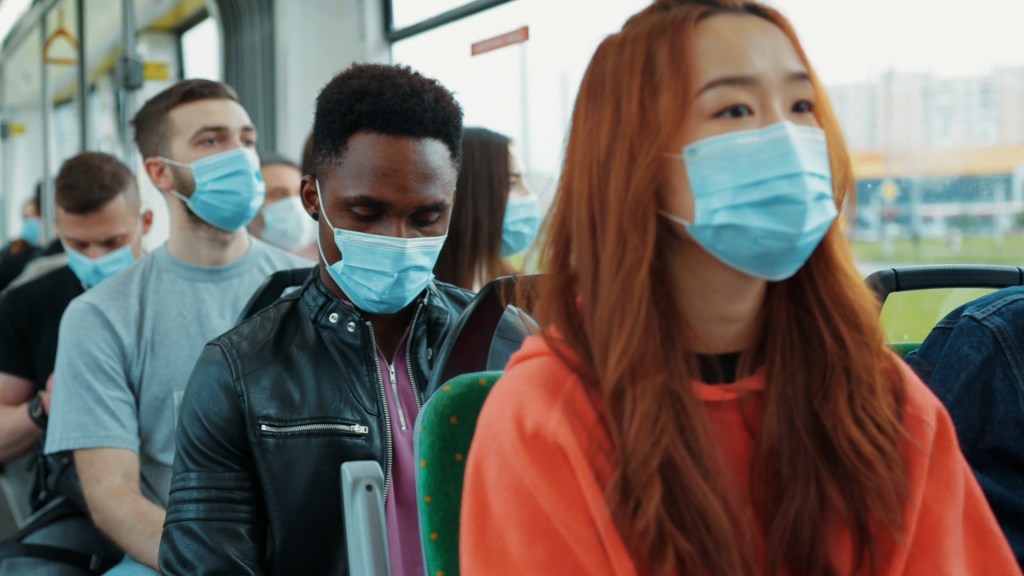
-
New genetic insights on common cause of heart attack in younger women
Disruptive variants in genes involved in the production of collagen are implicated in spontaneous coronary artery dissection, a major cause of heart attacks in women under 50.
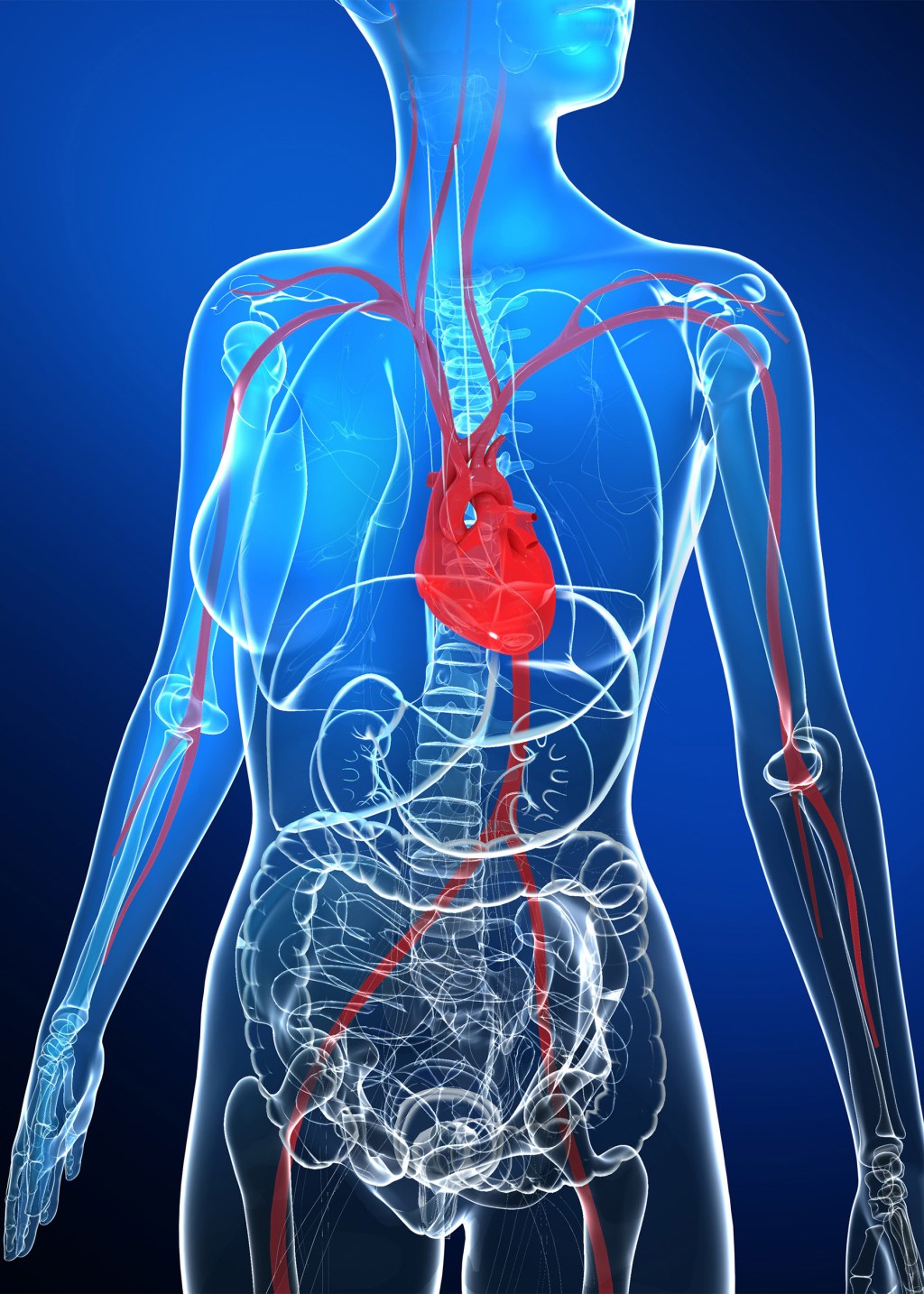
-
Does nerve damage contribute to long COVID symptoms?
Researchers have learned that nerve damage experienced by some long COVID patients may be caused by infection-triggered immune dysfunction, which is potentially treatable.
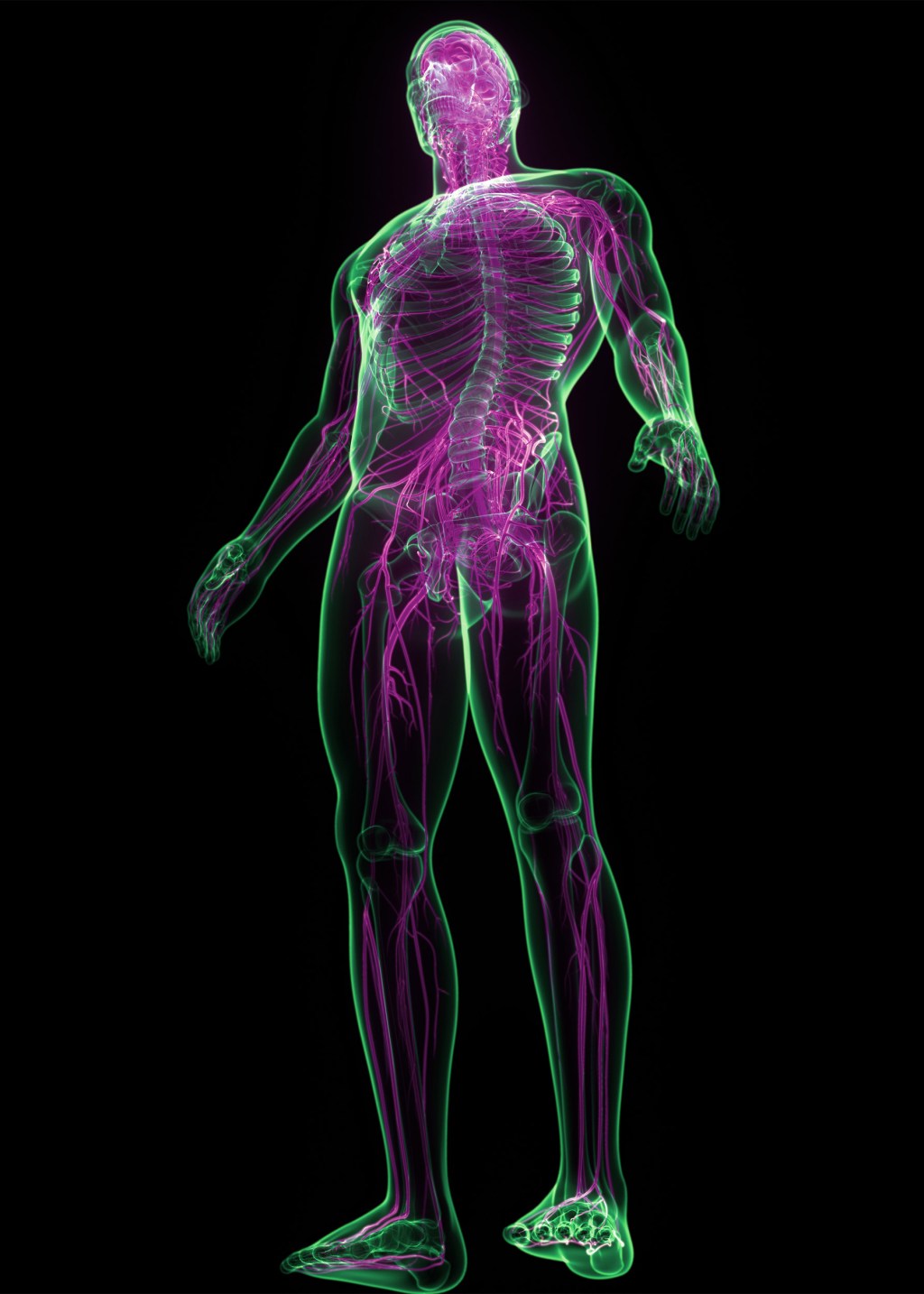
-
Sharper vision, sharper mind?
A new study in JAMA Internal Medicine makes a strong case that removing cataracts may reduce your risk for developing dementia.
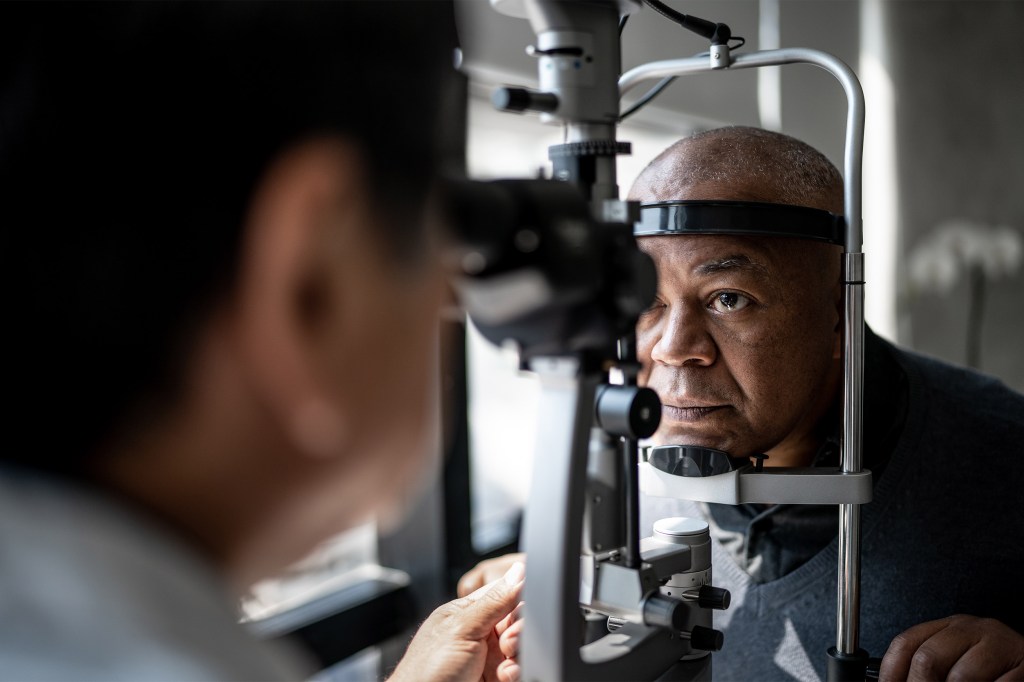
-
Brain inflammation may strike the uninfected
New study reveals that living through the COVID-19 pandemic may trigger brain inflammation that contributes to fatigue, concentration difficulties, and depression.
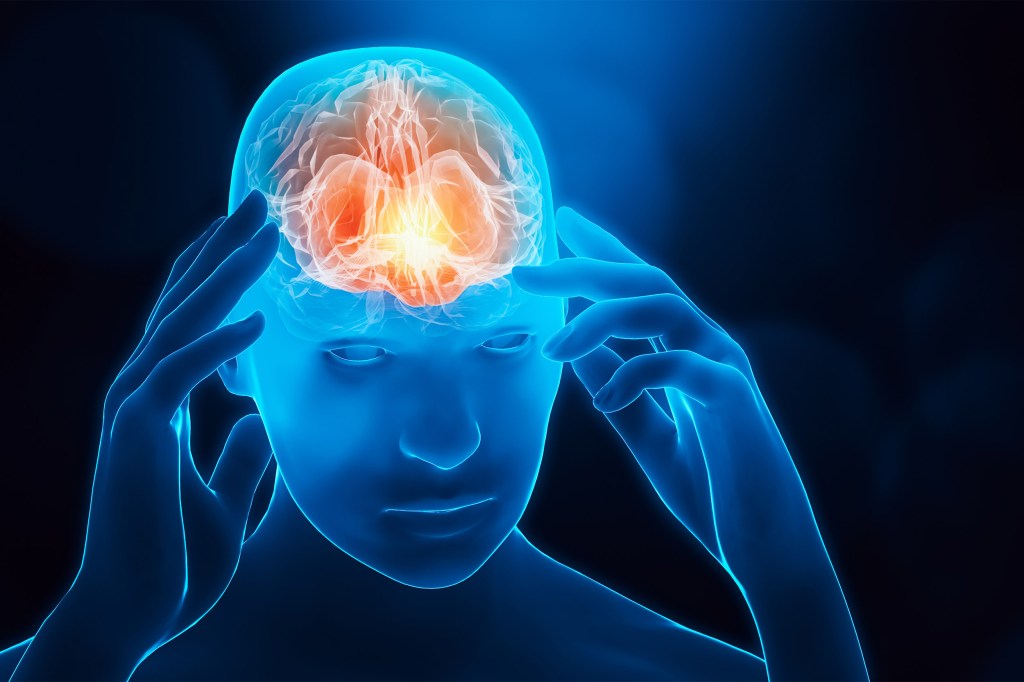
-
‘He showed us that the moral high ground can win’
Colleagues mourn the loss of Paul Farmer, Harvard professor and Partners In Health cofounder, and pledge to continue the work he pioneered.
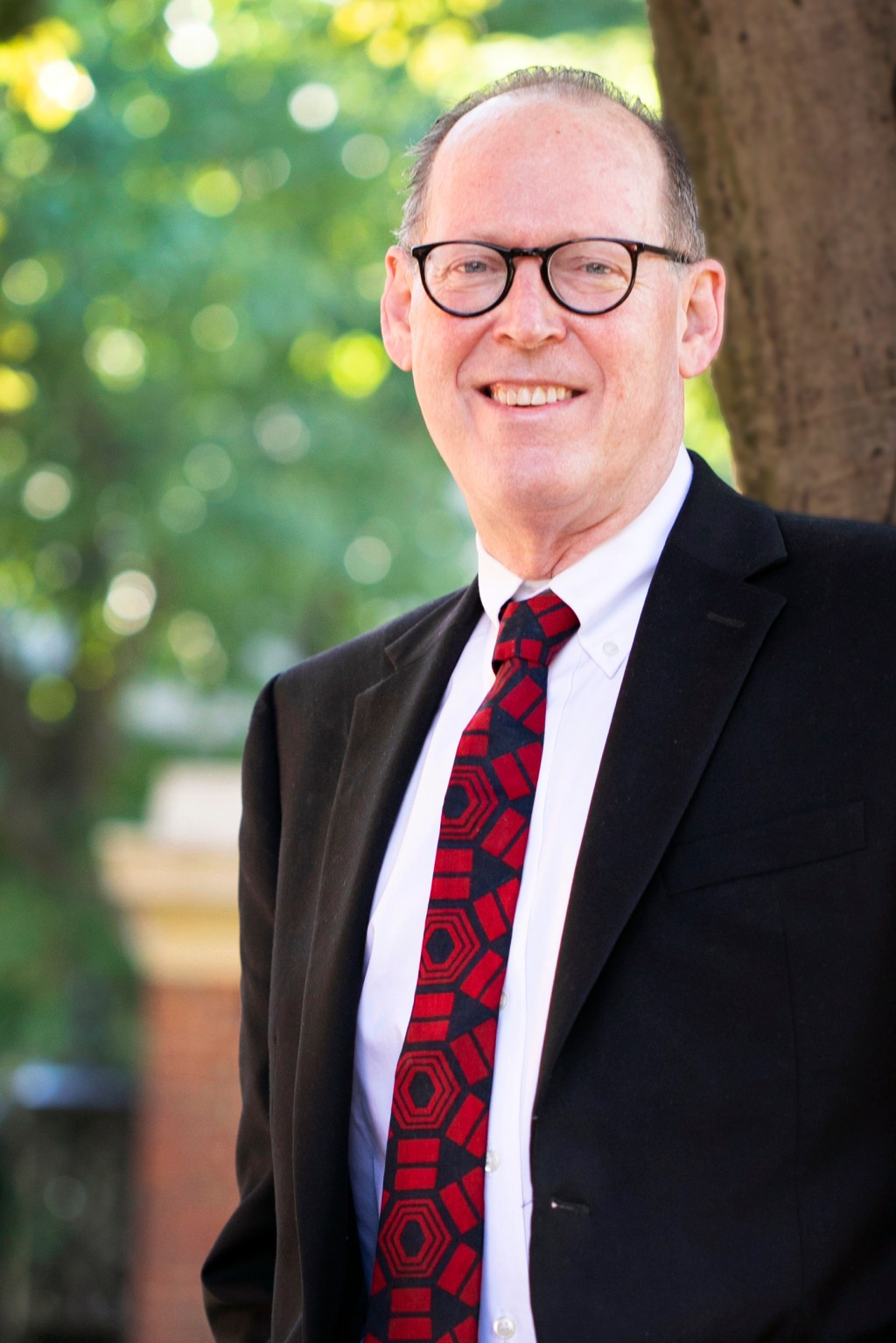
-
The politics behind ineffective COVID treatments
Across the U.S., prescriptions of hydroxychloroquine and ivermectin increased in the latter part of 2020, most significantly in counties with the highest share of people voting Republican.

-
New page in pandemic playbook
Risk assessment experts offer tips for balancing pandemic risks, as government restrictions ease.
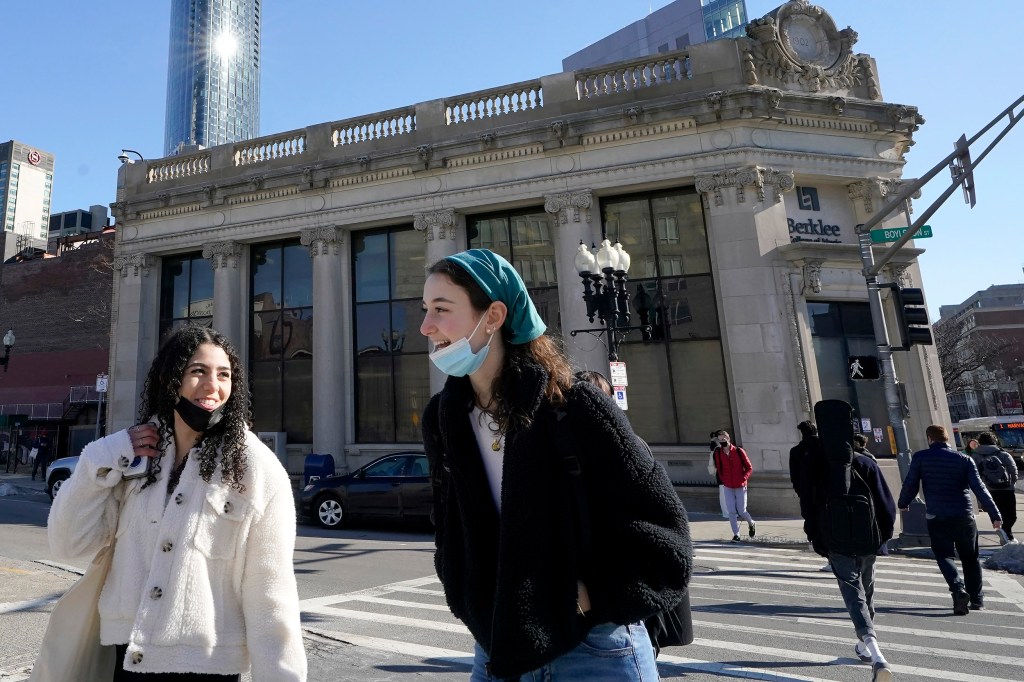
-
Hints of a long COVID wave as Omicron fades
As Omicron fades, specialists seek answers for patients who can’t shake symptoms.



